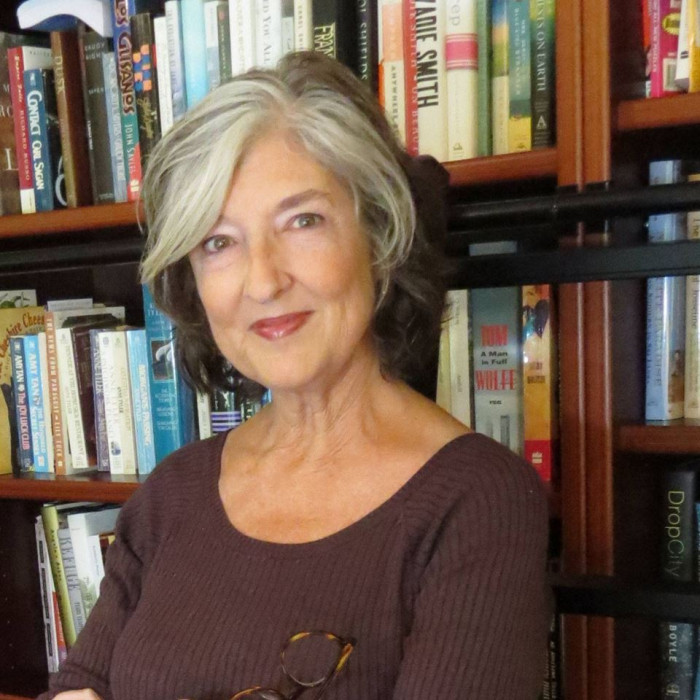
Every single one of those is now up for debate.” There will always be more fish in the sea. There will be a pension at the end of your career. Here’s what prompted her expletive outburst: “I was watching so many things that we’ve mostly spent our lives trusting in-such as, if you work hard, there will be a job at the end of the college degree.

When it comes to the key question that prompted her remarkable new novel, Unsheltered, Kingsolver responds with no trace of a Southern accent: “WTF?!”


We speak by phone from her home in southwestern Virginia, where she’s “happily in my beautiful office, looking out the window at trees.” Her voice sounds relaxed and gracious, and when I confess that I originally hail from a small town in southern West Virginia, not too far away, she says, “Well, you and I could talk in our native tongues if we wanted to.” As a bit of twang from her Kentucky roots creeps into her voice, she notes that her accent “depends on where I am in my book tour, whether I’m the nice radio Barbara, or if I’ve been home lately, then my vowels will shift a little.” What question, it seems natural to ask, did she ponder for her latest novel? Her response is somewhat startling. Here the crisis is systemic, and it has a larger body count.When Barbara Kingsolver starts writing a novel, she identifies an intriguing, vital question, one without a clear answer. He soon falls for Dori (aka Dora), who has her own bad habits, and together they become “storybook orphans on drugs.” In “Copperfield,” Dickens called out the immorality and manipulative streaks in English society through characters like Uriah Heep (transformed into an assistant football coach nicknamed U-Haul). Though he’s a talented artist and high school football player, a knee injury leads him to an oxycontin addiction. Where much of Dickens’ original is concerned with David’s rise as a writer, Demon spends much of the novel spiraling down. (Jip, the irritating lapdog of David’s first wife, Dora, remains an irritating lapdog named Jip.)īut “Demon Copperhead” is more interesting in the places where it doesn’t strictly map to its source material. A punishing boarding school becomes a punishing tobacco farm, and so on. The cash-strapped Micawber family becomes the McCobbs, constantly pursuing failed money-making schemes, from Amway to dog breeding. His charismatic but shallow friend Steerforth becomes a high school football star nicknamed Fast Forward. David’s cruel stepfather, Murdstone, becomes Murrell Stone, a violently abusive truck driver.

Readers of Dickens’ 1850 novel will easily note Kingsolver’s various transpositions.


 0 kommentar(er)
0 kommentar(er)
